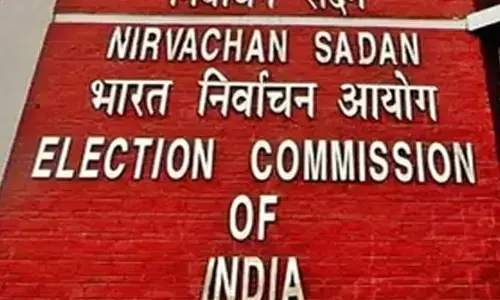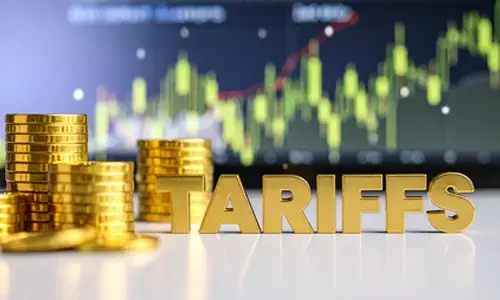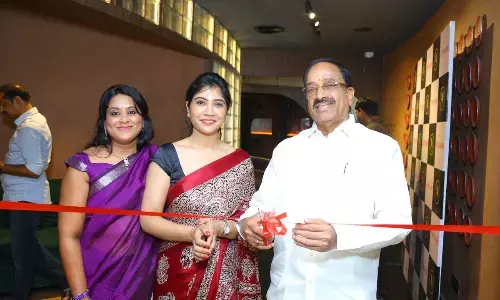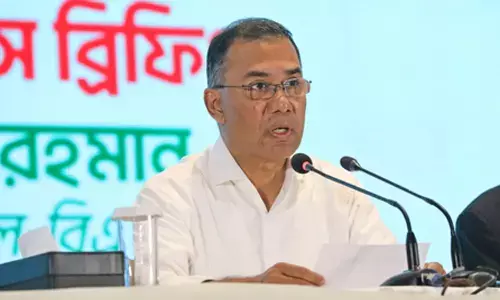Advancing education through holistic digital learning
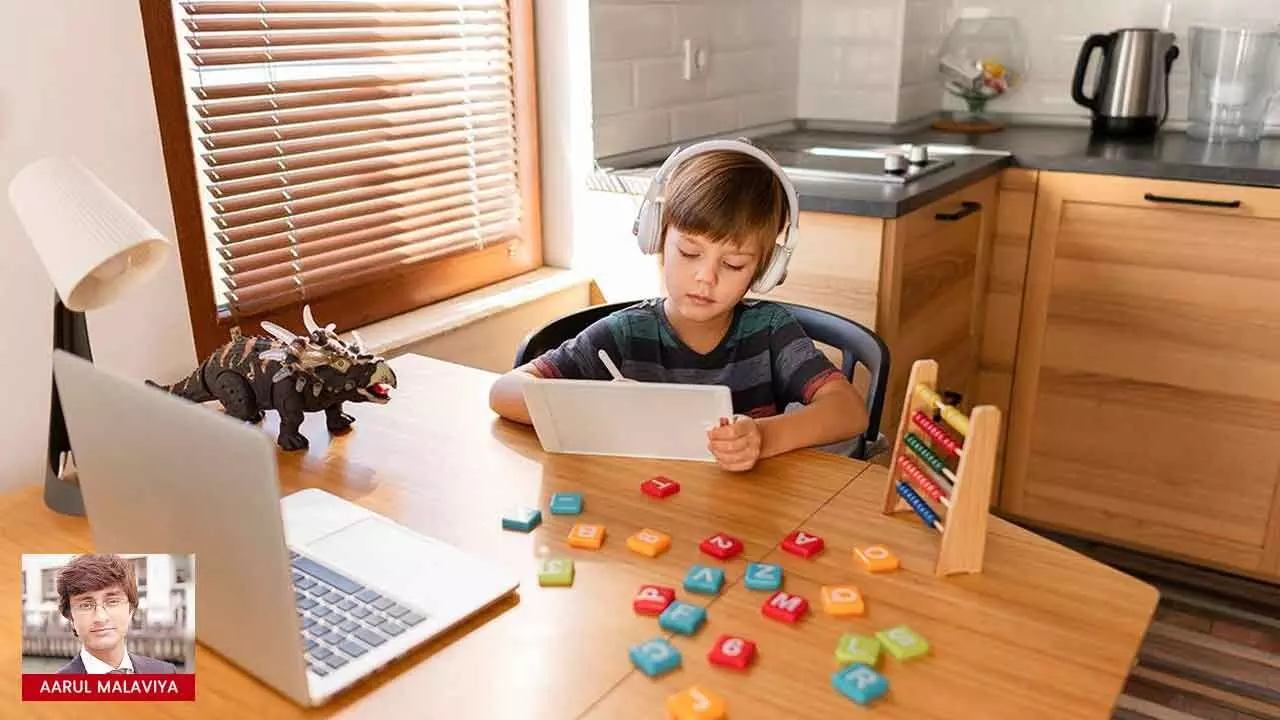
The NEP 2020’s focus on harnessing digital tools for holistic learning represents a forward-thinking approach to education. By embracing technology, we can create a more personalized, engaging, and equitable educational experience that prepares students for the complexities of the modern world. As we move forward, it is essential to continue investing in digital infrastructure, training educators, and developing innovative educational technologies to realize the full potential of this vision
The National Education Policy (NEP) 2020 marks a transformative shift in the Indian educational landscape, aiming to make education more inclusive, equitable, and holistic. It emphasises moving away from rote learning toward a holistic approach that fosters critical thinking, innovation, and lifelong learning skills.
A key aspect of this vision is the integration of digital tools to enhance learning experiences and outcomes.
The NEP 2020 emphasises the role of technology in fostering a more interactive, engaging, and effective educational environment, recognising that digital tools are crucial for preparing students for the demands of the 21st century. Recognising that 62% of Indian households lack internet access, NEP 2020 proposes initiatives to enhance digital infrastructure in schools and develop e-learning content in regional languages. Key measures include utilising platforms like SWAYAM and DIKSHA to provide quality educational resources, creating regional language e-content, and exploring AI and Big Data for personalised learning and targeted interventions.
Let’s dive into the key aspects of technology integration in NEP 2020:
1. Personalised Learning: Digital toolsfacilitate personalised learning. Unlike traditional classroom settings where a one-size-fits-all approach often prevails, digital tools enable tailored learning experiences that cater to individual students’ needs, preferences, and learning paces. Adaptive learning platforms, for instance, use algorithms to analyse students’ performance and provide customised content that addresses their specific strengths and weaknesses. This personalised approach ensures that all students, regardless of their starting points, can progress effectively.
2. Enhancing Engagement: The NEP 2020 highlights the importance of engaging and interactive pedagogies to make learning more enjoyable and effective. Digital tools such as interactive simulations, gamified learning apps, and virtual reality (VR) environments can make abstract concepts more tangible and easier to understand. These tools encourage active participation, critical thinking, and problem-solving skills, moving away from rote memorization to a more application-oriented learning process.For example, science students can use VR to explore complex biological processes or physics principles in a highly immersive environment, making learning not only more engaging but also more impactful.
3. Bridging the Urban-Rural Divide: A significant challenge in the Indian education system has been the disp arity in educational resources and opportunities between urban and rural areas. The NEP 2020 envisions using digital tools to bridge this gap, ensuring that quality education is accessible to all students, irrespective of their geographical location. E-learning platforms, online courses, and digital libraries can provide rural students with access to the same high-quality educational content available to their urban counterparts.
4. Professional Development for Educators: The NEP 2020 also underscores the need for continuous professional development for educators, recognising that the effective use of digital tools requires skilled and confident teachers. Online training programs, webinars, and digital communities of practice can help teachers stay updated with the latest educational technologies and pedagogical strategies.
These platforms provide educators with the knowledge and skills needed to integrate digital tools into their teaching effectively.For instance, the National Initiative for School Heads’ and Teachers’ Holistic Advancement (NISHTHA) offers comprehensive training modules for teachers, focusing on the integration of ICT in education. These tools also empower educators to create engaging lessons, provide real-time feedback, and streamline administrative tasks, enhancing their teaching focus.
5. Fostering Collaboration and Global Competence: Digital tools also facilitate collaboration, both within the classroom and beyond. Platforms like Google Classroom and Microsoft Teams enable students to work together on projects, share resources, and communicate more effectively. Additionally, these tools can connect students with peers and experts from around the world, fostering global competence and broadening their perspectives.
In conclusion, the NEP 2020’s focus on harnessing digital tools for holistic learning represents a forward-thinking approach to education.
By embracing technology, we can create a more personalized, engaging, and equitable educational experience that prepares students for the complexities of the modern world.
As we move forward, it is essential to continue investing in digital infrastructure, training educators, and developing innovative educational technologies to realize the full potential of this vision.
(The author is Founder Zamit)



